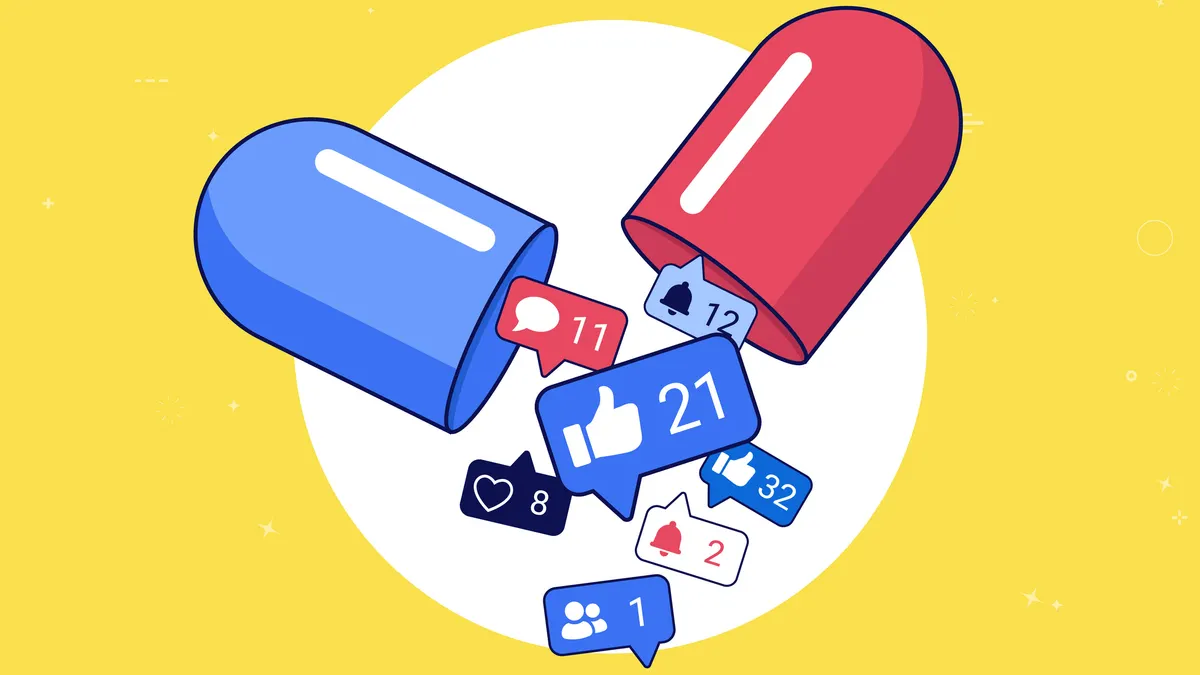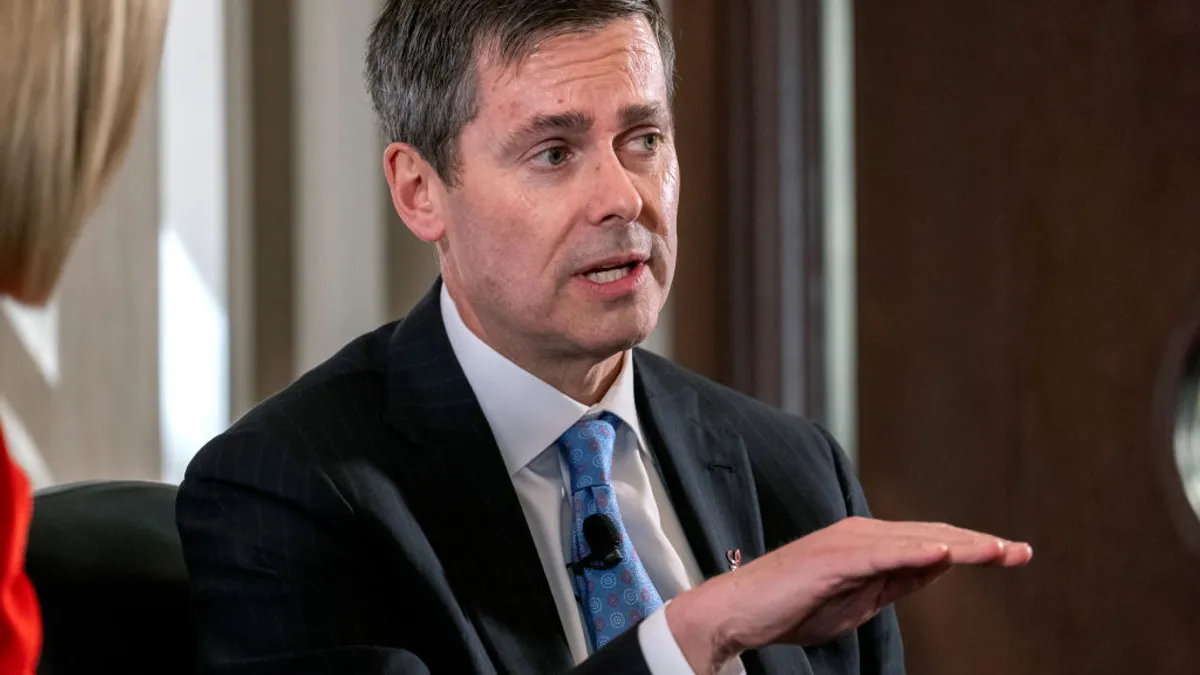 In this time of physical distancing, technology often seems like the go-to solution for helping people connect. However, data linking social media and depression, as well as research pointing to social divisiveness online, might give us pause.
In this time of physical distancing, technology often seems like the go-to solution for helping people connect. However, data linking social media and depression, as well as research pointing to social divisiveness online, might give us pause.
Recent survey results found most Americans believe that Internet and technology companies are doing more to create divisiveness than create unity. Even more concerning, Facebook’s own internal research found the platform’s algorithms “exploit the human brain’s attraction to divisiveness."
This is layered upon existing concerns that Americans are increasingly struggling with loneliness. A 2018 survey found 46% of Americans reported feeling lonely; 22% reported feeling socially isolated all of the time.
Social isolation can result in an overall deterioration in well-being. In addition to negative mental health outcomes, social isolation is associated with cardiovascular disease progression, delayed cancer recovery and slower wound healing. In fact, the negative effects of social isolation can be comparable to those associated with smoking 15 cigarettes daily.
While COVID-19 risks have resulted in a need to physically isolate, particularly for people at greatest risk, experts are concerned that the associated social isolation will result in negative consequences, especially for the elderly. For example, chronic social stress, which can be a result of isolation, can impair the immune system in as little as one month. This potentially makes those who are quarantining without adequate social support more susceptible to illness.
Recent Research Suggests Social Media Could Help
Research from Health Union and the University of North Carolina at Chapel Hill demonstrates that online communities can be an effective means for social support for individuals impacted by chronic and severe health conditions. These populations are often the most negatively impacted by social isolation.
This research analyzed nearly 6,000 comments from the communities’ associated Facebook pages. The analysis of these comments found social support is the most common type of interaction that occurs (58%).
Commenters who were showing support for others within the community were most likely to validate the knowledge or experience of others. Even within discussions where one would expect the focus to be on information sharing, such as treatments and health insurance, social support was a common theme. One commenter remarked that the community was “the biggest support system I have outside of my family."
These findings are especially meaningful as a previous survey found that adults with chronic health conditions are regularly looking to online resources for both information and emotional support. Nearly two-thirds of respondents noted using Facebook for health information and support.
Furthermore, previous research has shown the act of seeking information from others with similar experiences can result in greater perceived empathy among all members of the community. Empathy is essential for creating a space where participants feel comfortable sharing experiences that are not well-understood by people who are not living with the same health condition.
What Can We Learn From This?
Like most technology, social media is simply a tool, not a solution in itself.
Furthermore, the quality of any solution is dependent on how we use the available tools. Fortunately, there are ways to intentionally leverage social media to help combat social isolation, particularly at a time when many are struggling to counter the effects of physical distancing.
Ideally, consumers would be mindful about social media use, ensuring the primary focus is on creating meaningful connections and building relationships.
Unfortunately, algorithms often increase exposure to content associated with negative outcomes, including divisiveness and depression. And some research has suggested that passively using social media, or lurking, may be linked to negative mental health outcomes; meanwhile, other research demonstrates lurking within meaningful, topic-specific groups may still be beneficial.
Social media participants should also be aware of how interactions within a social space are or aren’t monitored. Are community members attacking each other, spreading misinformation, or giving personal medical advice without repercussions? Do community rules exist, and are they consistently enforced?
While few people have control over how social media platforms manage their algorithms and content, organizations that utilize these platforms can hold themselves accountable for managing their own content in a way that encourages respectful interactions and facilitates a safe environment. Ideally, these organizations will be rewarded for the quality of their content and interactions.
Physical distancing may be essential for managing the spread of COVID-19, but maintaining social connectedness, which can help decrease stress, is essential for our health and well-being. Fortunately, there are opportunities for individuals and organizations to identify pathways to better leverage technology in ways that help strengthen our connectedness.
Note: Amrita Bhowmick, MPH, MBA, is an adjunct assistant professor, the University of North Carolina’s Gillings School of Global Public Health.(PV)
Health Union encourages social interactions that evolve into valuable online health conversations, helping people with chronic conditions find the information, connection, and validation they seek.
For more information, visit health-union.com.
















